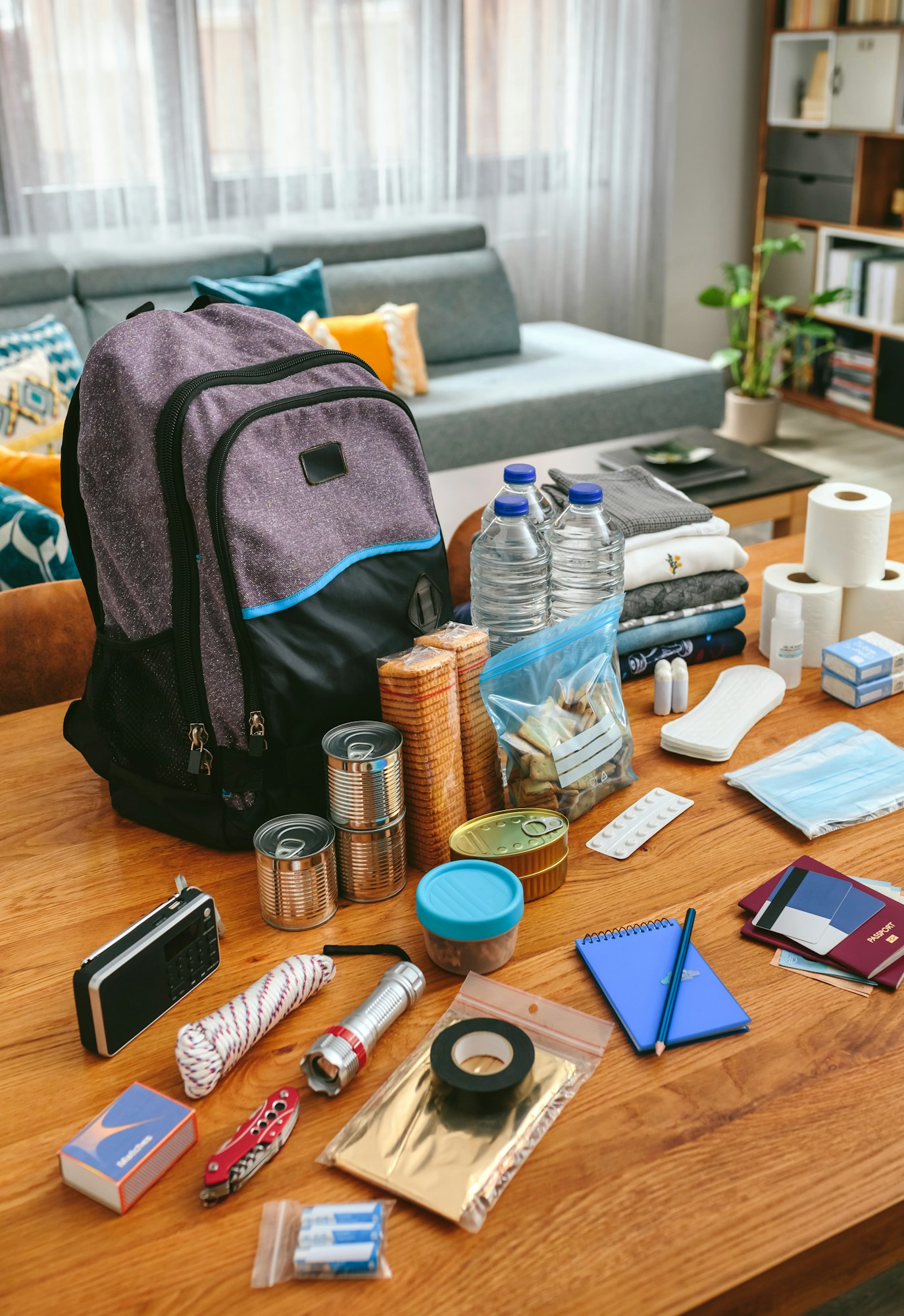In our quest to provide you with the most detailed and valuable information on emergency preparedness, we’ve created this comprehensive guide. Our goal is to equip you with the knowledge and tools necessary to navigate through various emergency situations, from natural disasters to unexpected events. Let’s dive right in.
Emergency preparedness is not a matter of choice; it’s a necessity. Being ready for the unexpected can make the difference between safety and vulnerability. When it comes to safeguarding yourself, your loved ones, and your property, knowledge is your most potent weapon.


Being prepared for emergencies is not just a suggestion; it’s a responsibility we owe to ourselves and our communities. By following the guidelines outlined in this comprehensive emergency preparedness guide, you’ll be well-equipped to face whatever challenges come your way. Remember, preparation is the key to safety and peace of mind. Stay safe, stay prepared!